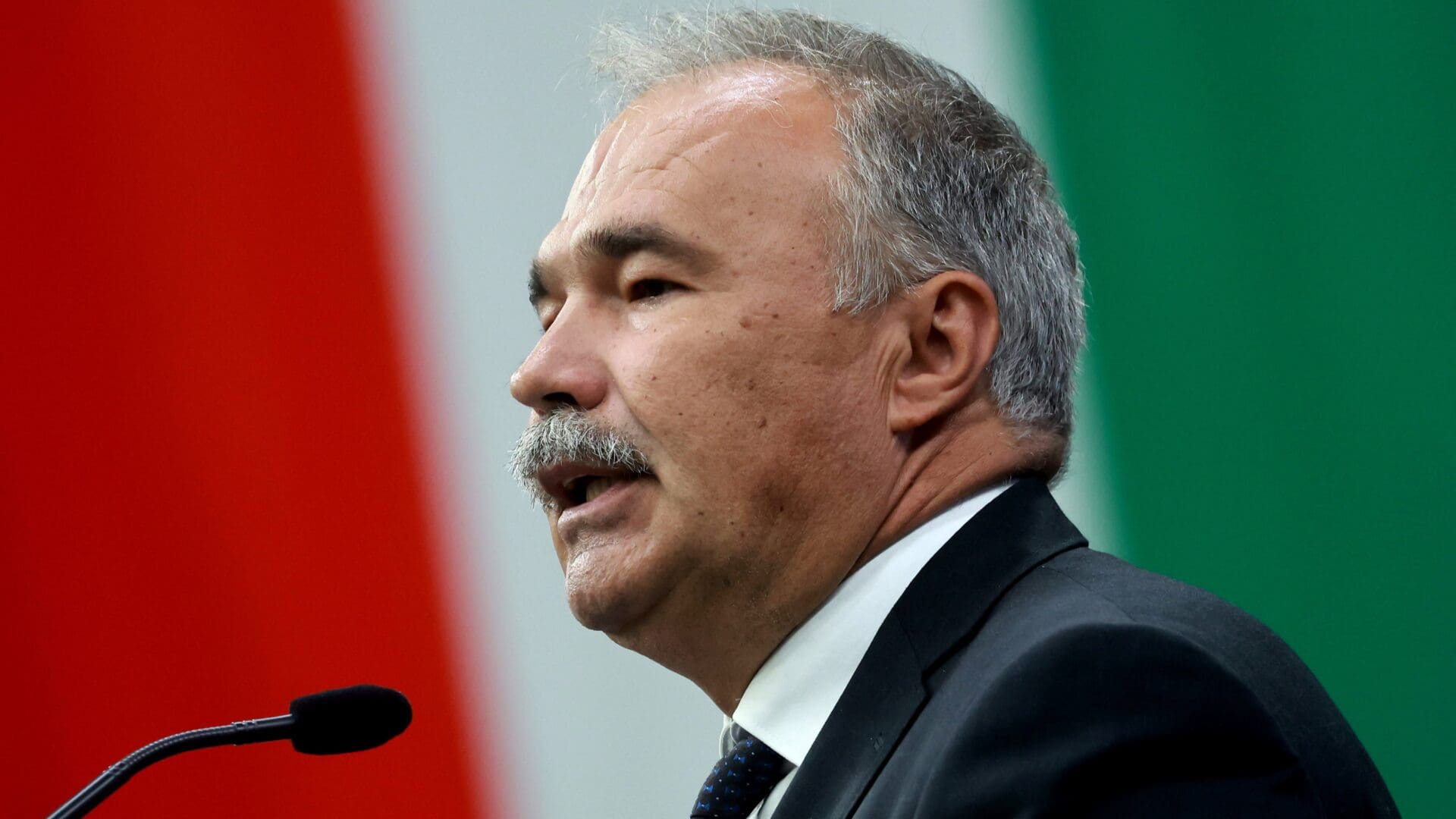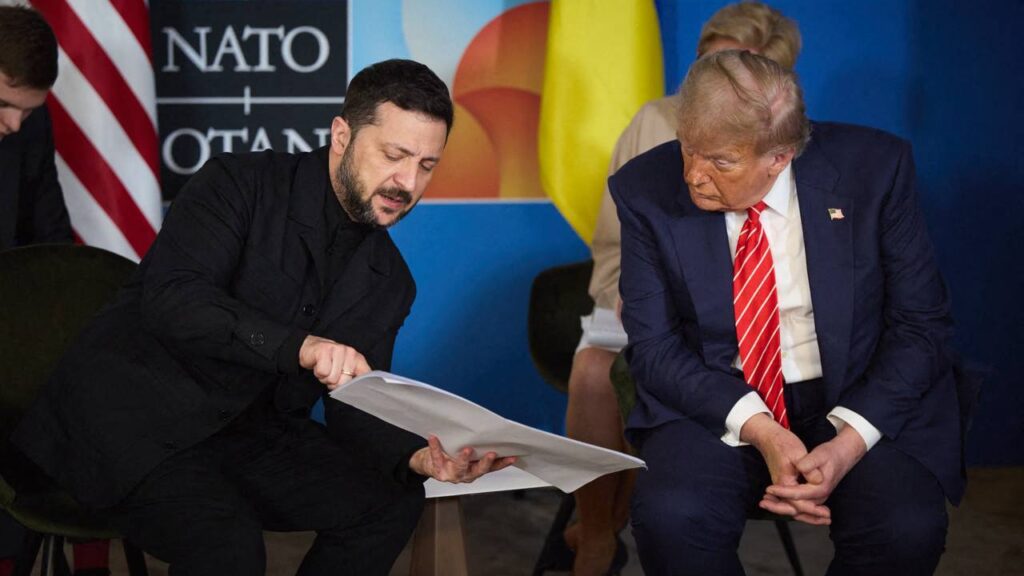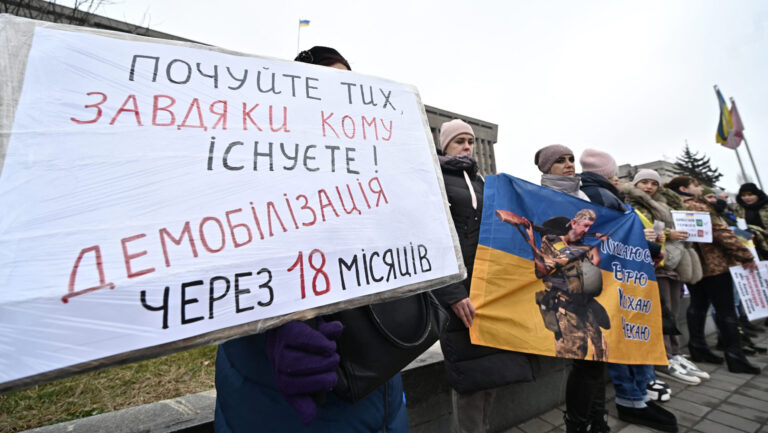Hungarian Minister of Agriculture István Nagy discussed the possibility of upholding the ban on Ukrainian grain imports, for at least another year, with his counterparts from three Central European countries on 12 September. The current ban will expire on 15 September.
‘Only together can we defend the interests of the Hungarian farmers,’ the minister outlined in his post on Facebook before he travelled to Romania, Bulgaria and Slovakia to coordinate action regarding Ukrainian grain.
He praised his counterparts for the ‘brave decision’ of closing their borders to Ukrainian grain and voicing support for the prolonged ban. He also expressed hope for the possibility of ‘forcing’ other European decision-makers to not lift the restrictions on imports from Ukraine, on a European level.
István Nagy, in a press release, reaffirmed these developments on Tuesday afternoon, after meeting with Kiril Vatev, the Bulgarian minister of agriculture in Sophia. Apart from reiterating the Hungarian ministry’s stance on the grain ban, the press release also added that the European Union must keep aiding Ukraine in their efforts to send their grain to the global market via the Danube waterway. It also identified the harvest, storage, and competitive trade of grain as the three most important challenges facing Hungarian farmers. Furthermore, it outlined that Bulgarian farmers face additional hardships, as the sunflower storage facilities are full and Bulgarians cannot sell the domestic produce due to the Ukrainian imports.
Later on Tuesday István Nagy also met with Jozef Bíreš, his Slovak counterpart in Bratislava to discuss the same issue. The two ministers agreed on the necessity of upholding the ban on Ukrainian grain, since multinational corporations operating in Ukraine are aiming to ‘rule the European market’, as opposed to merely ship grain to developing countries. At the same time, the minister repeated that it was important to help Ukraine to get their grain to needy countries.

During talks with his Romanian counterpart, Florin-Ionuţ Barbu, in Bucharest, Nagy said both countries allowed the transport of Ukrainian grain across their territory because they do not want to harm Kyiv, but at the same time want to preserve the competitiveness of their farmers. ‘We must work to deliver Ukrainian grain to ports as soon as possible so it can find its way to the traditional markets in North Africa and the Middle East,’ he said.
In a Facebook video on Wednesday, István Nagy reassured Hungarian farmers that they can always count on the government. He reminded them that a ‘fateful date’ is approaching, as the ban on Ukrainian grain will expire on 15 September.
‘Brussels is silent; therefore we need to step up via our national jurisdiction.
We will not be silent, we shall not be paralysed when the interests of Hungarian farmers are at stake.
The farmers expect us to defend them, be resilient, and act in order to secure their production. We are on top of the issue!’
He announced that the Tuesday meetings were successful, as they already decided with three of his colleagues that Hungary, Slovakia, Bulgaria, and Romania will uphold the ban, no matter what decision the European Union will finally make. He also outlined that the four countries will coordinate their efforts and widen the scope of embargoed agricultural goods.
He called the practice of dumping unregulated grain in Europe, harvested by multinational corporations in Ukraine, unacceptable.
Related articles:
Sources: MTI/Hungarian Conservative/abouthungary.hu








